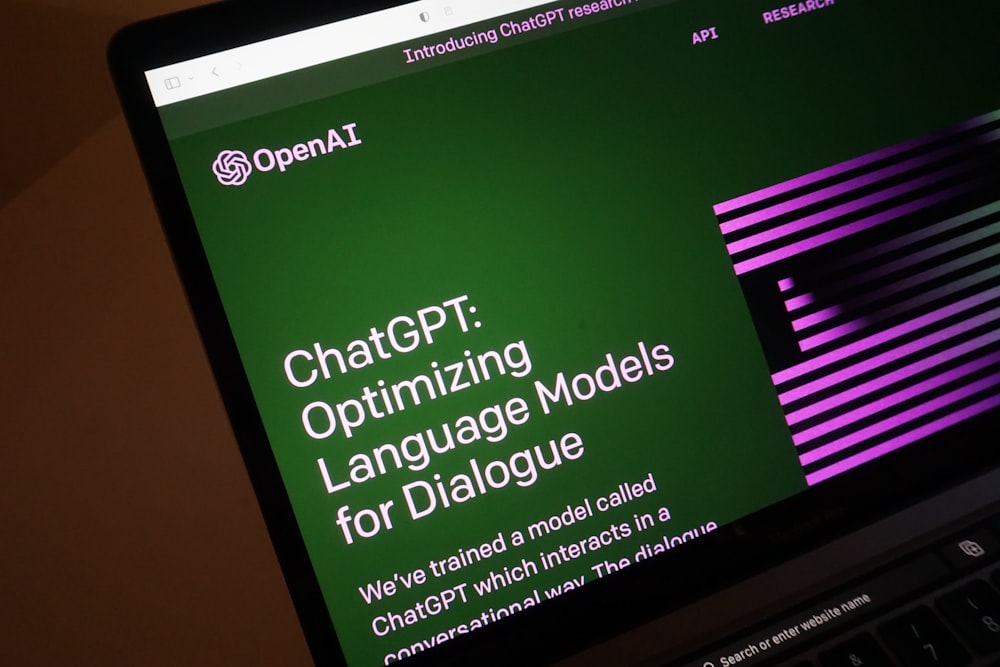Last Week in Federal Appeals (No. 65)
Appellate decisions from the week of January 29, 2024
At the very least, the duties imposed by Rule 11 require that attorneys read, and thereby confirm the existence and validity of, the legal authorities on which they rely. . . . Attorney Lee states that “it is important to recognize that ChatGPT represents a significant technological advancement,” and argues that “[i]t would be prudent for the court to advise legal professionals to exercise caution when utilizing this new technology.” Indeed, several courts have recently proposed or enacted local rules or orders specifically addressing the use of artificial intelligence tools before the court. But such a rule is not necessary to inform a licensed attorney, who is a member of the bar of this Court, that she must ensure that her submissions to the Court are accurate.
~ Judges Parker, Nathan, and Merriam, Park v. Kim
Decision Summaries
Second Circuit
Park v. Kim
The Second Circuit sanctioned an attorney who cited a non-existent legal case after relying on ChatGPT to draft a reply brief. The panel held that failing to review the cited case fell below the basic obligations of counsel and referred the attorney to the bar for potential discipline.
Rupp v. City of Buffalo
The Second Circuit reversed a district court opinion granting qualified immunity to a police officer after he arrested a citizen for shouting at him to turn his headlights on. The panel held that the record did not support the district court’s decision to enter summary judgment at this stage.
Seventh Circuit
Pak v. Biden
The Seventh Circuit held that several Iranian citizens could not challenge the Biden Administration’s refusal to grant them visas based on their compulsory service in the Revolutionary Guard. The panel explained that the doctrine of consular nonreviewability precluded review of the government’s decision.
Eighth Circuit
Ragan v. Berkshire Hathaway Automotive, Inc.
The Eighth Circuit held that a district court was correct to dismiss the plaintiff’s claim that a car dealership violated copyright law by copying his customer intake form. The panel explained that the form was not sufficiently creative to warrant protection.
Felts v. Green
The Eighth Circuit revived a citizen’s First Amendment lawsuit against the President of the St. Louis Board of Alderman for blocking her on Twitter. The panel explained that the President’s later decision to unblock her did not moot the lawsuit.
Ninth Circuit
Tuscon v. City of Seattle
The Ninth Circuit reversed a district court decision that enjoined a city ordinance that barred writing, painting, or drawing on buildings without the owner’s permission. The panel explained that the ordinance was not overbroad and that the district court erred by not considering the numerous occasions where the ordinance would apply without burdening speech. The panel further held that the ordinance was not unduly vague.
Eleventh Circuit
Fylling v. Royal Carribean Cruises, Ltd.
The Eleventh Circuit held that a district court abused its discretion by failing to investigating a juror’s potential bias. The panel explained that the district court should have inquired further after becoming aware that the juror had a niece who worked for one of the parties.
Any opinions expressed here are our own. This article is not legal advice; if you have a legal issue, you should consult an attorney.
If you liked this article or have thoughts about it, please like or comment below (or email Ben at breese@flannerygeorgalis.com or Antonia at agelorme@flannerygeorgalis.com) and consider sharing it with your friends and network.





